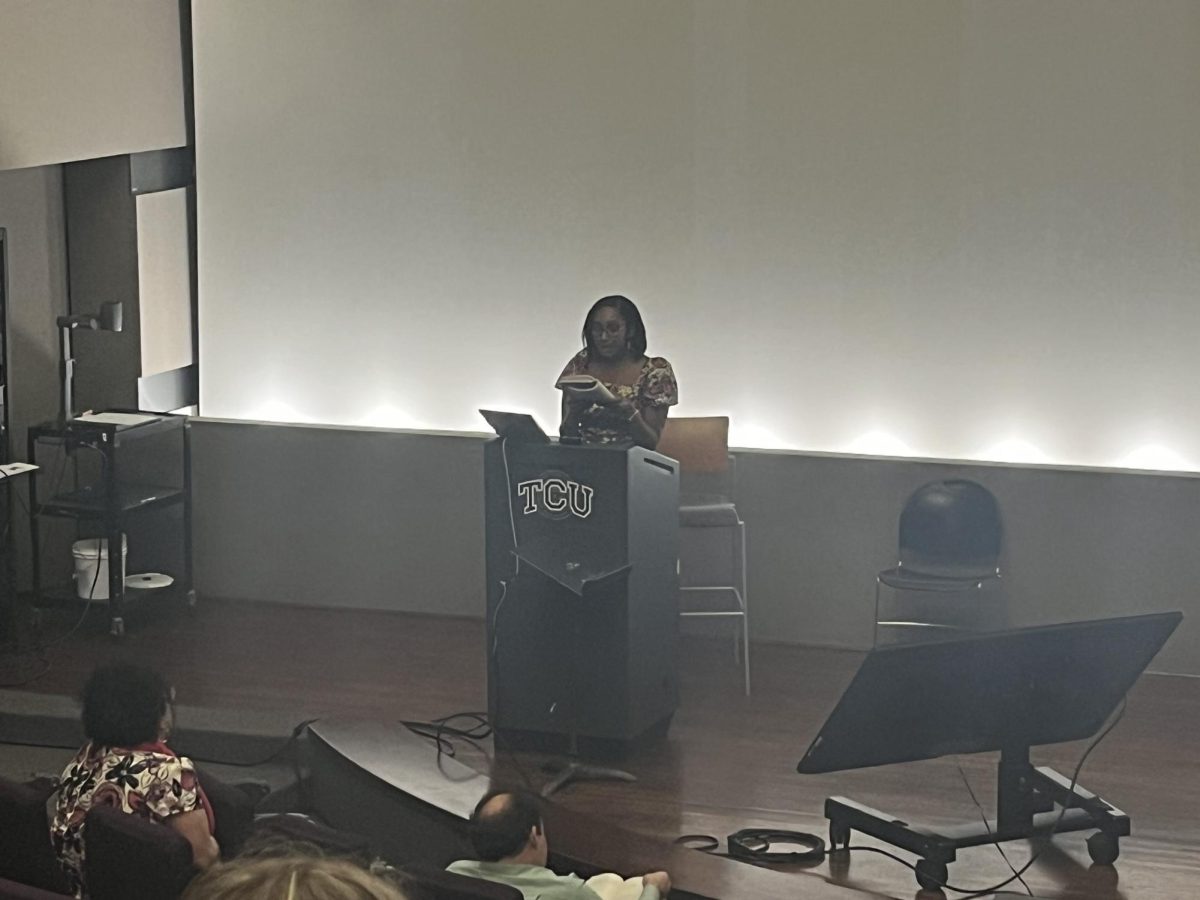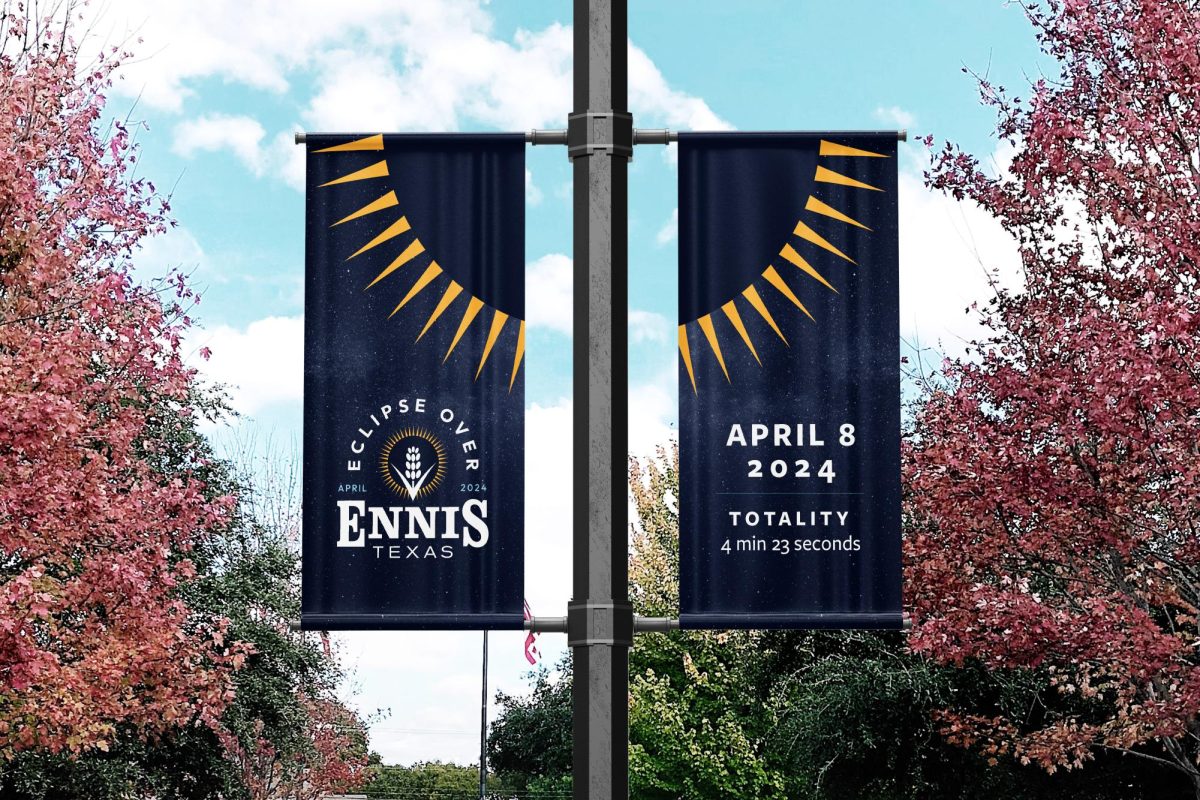Fort Worth’s rooster ordinance is still ruffling feathers.
About 35 people turned out last Thursday night for an open forum on the rooster ordinance. Fort Worth allows residents to own two roosters, which don’t have to be registered with the city.
The city has debated rooster limitations since 2002. In 2010, the city capped the number of roosters, but within six months, citizens were already displeased.
Brandon Bennett, code compliance director in Fort Worth said violators of the rooster ordinance can receive a criminal citation. However, until code compliance takes the ordinance complaints to City Council, code compliance is not enforcing the ordinance.
Bennett said he does not expect to present to the council until January 2012.
However, code compliance will not tolerate the illegal sport of cock fighting.
The nature of the sport is very gruesome and inhumane, as roosters are forced to fight each other until death, Bennett said.
“Blood and feathers, the stuff that your normal day citizen would find disgusting, is part of the sport. It’s animal cruelty and we’ll do everything we can to seek justice.”
Cock fighting has been illegal since 2002, but Bennett says one only has to search “Fort Worth cock fighting” on the Internet to see that it is still prevalent in the area.
Cock fighting is just one of many complaints brought to code compliance in expectation of being presented in the chamber at a city council meeting, Bennett said.
Susie Fitzgerald of Fort Worth said last year citizens could not fit into the chamber when the ordinance came to a vote. She sat outside and watched the meeting on a TV while others spoke for the citizens. Merely 35 minutes of the four-hour meeting was devoted to the rooster ordinance revision, Fitzgerald said.
“I felt ripped off,” Fitzgerald said.
This year, City Council did not post an announcement in the newspaper for the code compliance meeting. Fitzgerald suspects this is because the city is afraid of the passion some citizens showed just last year.
As the current ordinance stands, any Fort Worth resident can have two roosters on their land, as long as they are properly caged and kept within 50 feet of any establishment other than the owner’s residence. Fitzgerald said 50 feet makes no difference when roosters are crowing.
“If you lived next door to roosters, you’d know even 500 feet is too close,” Fitzgerald said.
The complaints against the current rooster ordinance aren’t only noise violations.
Concerned homeowners like Fort Worth resident Wendy Helm think the rooster ordinance devalues homes in Fort Worth.
Fitzgerald says she feels trapped in her home because she won’t be able to sell it for the same reason she wants to move away, the roosters. Fitzgerald said she is often disturbed by the trafficking of the birds in trucks.
Not all residents raise roosters with malicious intent, and that is why city council is intent on coming to a compromise.
“I don’t want to characterize all rooster owners as bad, that’s not right.” Bennett said.
Lorenzo Zumpya has lived in Fort Worth for 25 years. He used to own 200 fowl but the most recent revision to the ordinance forced him to sell and give away his birds, Zumpya said. Zumpya attends information sessions and public meetings to gain better understanding of the ordinance and hopes to have the ability to own more than the 50 fowl he is now left with.
Zumpya says his family raises the birds simply because they like them. They eat the eggs and make very little money from the birds, but to the Zumpya family, this is part of their lives.
Zumpya lives on a separate lot from his roosters. His birds reside in the 76103 zip code while his residence is in 76115.
It is normal for rooster owners, to have a separate, larger area for their animals, Bennett said. This is one of the reasons the ordinance is being brought back to city council for change. Some residents may own several pieces of land, which could pass as agricultural land. It is on these acres that many residents hope to house more than just 50 birds.
As residents speak out against the ordinance, their complaints may be doing just the opposite of what they’d hoped, stalling the process.





